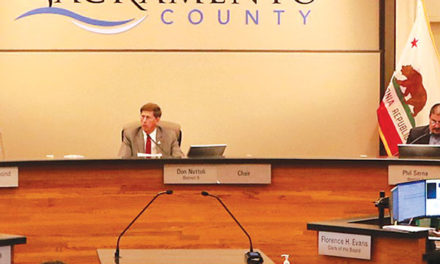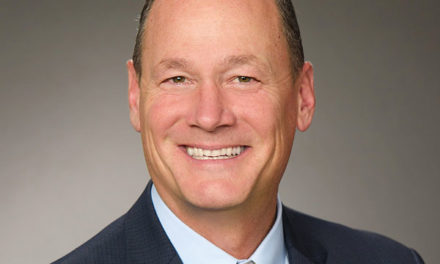Cannabis Reversal?
Supervisors may be ready for county pot
By Howard Schmidt
July 2022
Statewide voters blessed cannabis in California, but local jurisdictions—cities and counties—control the legalized pot market.
Sacramento County prohibits commercial cultivation and retail sales in unincorporated areas. Now the Board of Supervisors is thinking about changing that. The move is motivated by the desire to collect taxes—lots of them.

Within the county, only the cites of Sacramento and Isleton allow cannabis. Sacramento has 89 licenses for cultivation, 14 nurseries, 47 distributors, 41 manufacturers, 88 retailers, nine microbusinesses and three testing laboratories, according HdL, a consulting firm retained by the county.
For the 2020-21 fiscal year, Sacramento collected more than $20 million in cannabis tax revenue, the consultant says.
To begin retail sales, distribution and cultivation, the county would need a regulatory framework. Currently, no framework exists. The only scenario under consideration is a tax proposal for the November ballot. To make that happen, supervisors must act in July.
Supervisor Sue Frost expressed hesitation about the need to move quickly. She wants to hear from public safety and health officials. County Executive Ann Edwards says staff hasn’t had time to flesh out a regulatory scheme. But Edwards is ready to gather information, ideally before the tax measure comes before the board in July.
The regulatory apparatus would dictate rules for cannabis operators, probably through zoning and business licenses. The city of Sacramento’s experience should provide a caution—administrators and politicians became vulnerable to accusations of cronyism.
The county must also consider calls for “economic justice” from communities disproportionately impacted when cannabis was illegal. Economic justice would promote equity in cannabis licensing.
None of this has been discussed by the supervisors. Instead, they seem concerned about whether taxing cannabis is even viable in unincorporated communities.
Given the large number of existing city retailers, consultant HdL found “there is not any unmet demand waiting to be filled.” In other words, new county retailers would have to lure customers from city retailers (not to mention from black market dealers).
Building a legal cannabis trade in the county is possible, the consultant says, because “consumers in the unincorporated county will gravitate towards retailers closer to their location, rather than continuing to buy from retailers within the city of Sacramento.”
Supervisor Rich Desmond, who represents most unincorporated areas, including Arden-Arcade and Carmichael, says the cannabis prohibition is “prudent.” But he’s willing to re-examine legalized pot.
Supervisor Phil Serna, who represents a fraction of the unincorporated county, describes the tax as a way to collect “valuable revenue that otherwise goes to other parts of our region,” meaning the city of Sacramento.
Public testimony has involved only a few speakers, mostly pro-cannabis. That doesn’t discourage Supervisor Don Nottoli from expressing doubts about opening unincorporated communities to cannabis.
In the end, Nottoli and Frost went against proceeding but were out-voted by Desmond, Serna and Patrick Kennedy.
The next step is a July 12 hearing for the board to vote to place a cannabis tax proposal on the November ballot. From there, county staff will draft an ordinance on cannabis regulations for supervisors to consider.
Howard Schmidt worked on federal, state and local levels of government, including 16 years for Sacramento County. He can be reached at howardschmidt218@aol.com. Follow us on Facebook, Twitter and Instagram: @insidesacramento.















